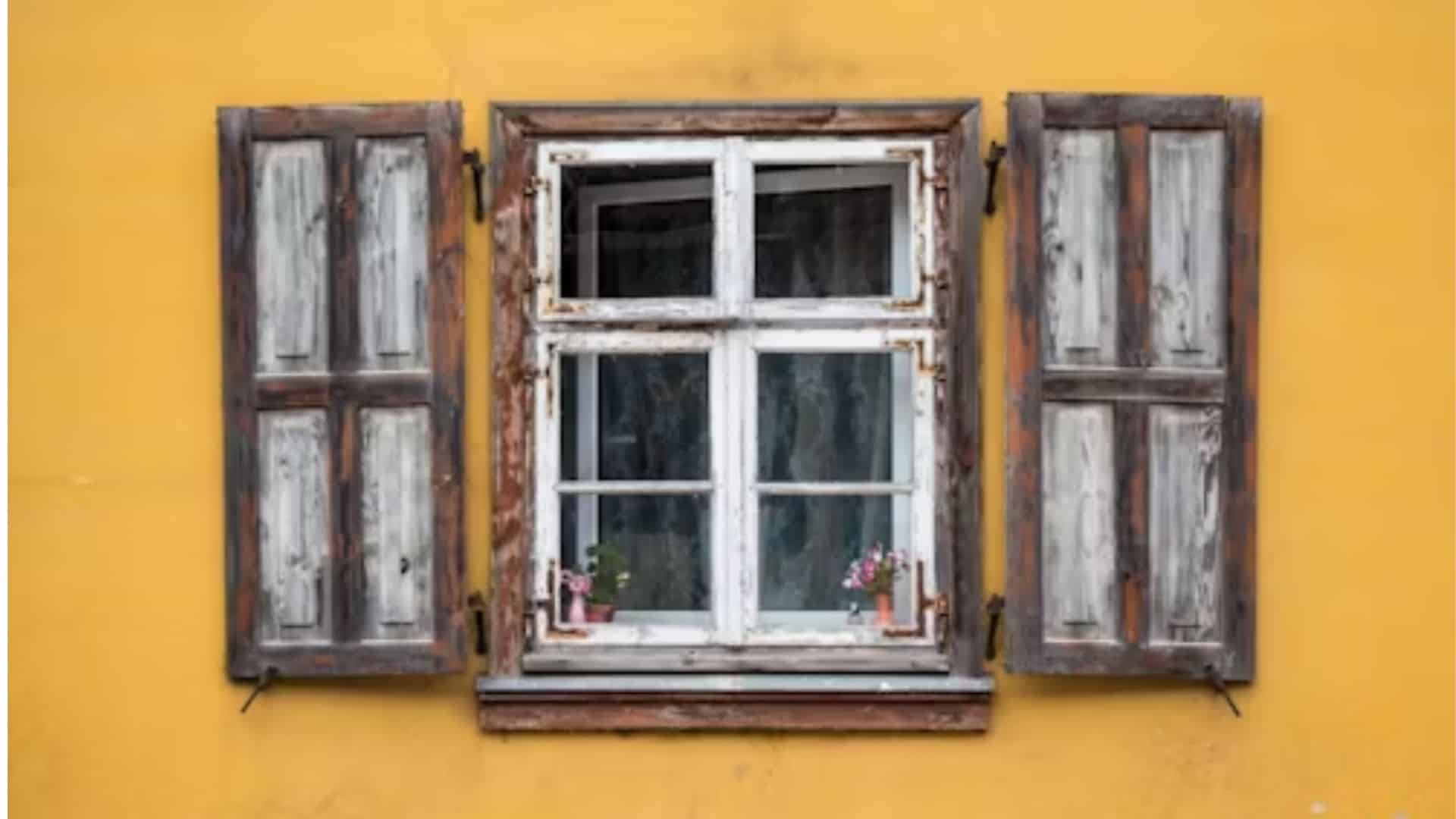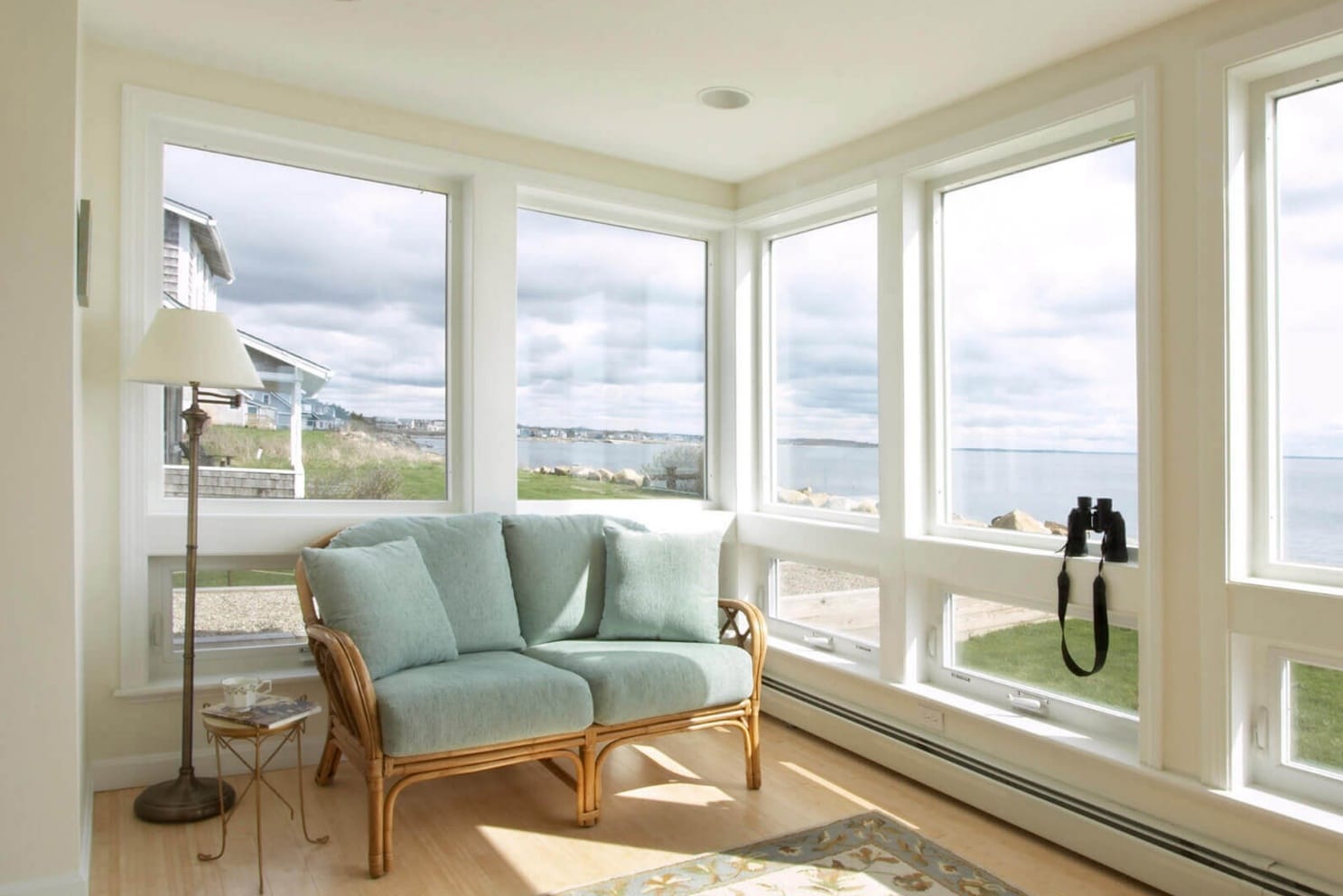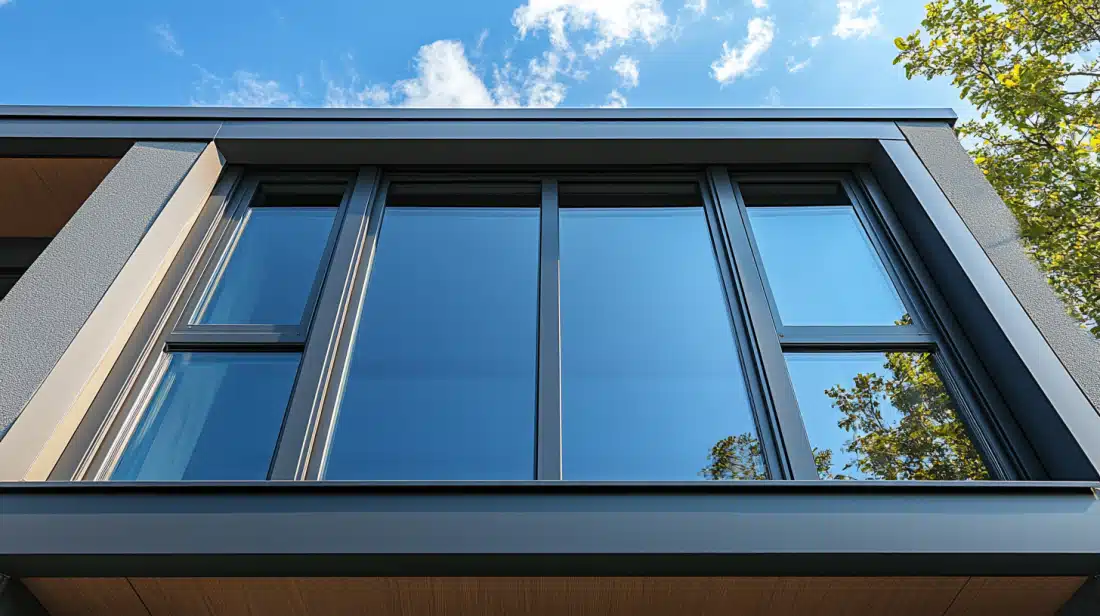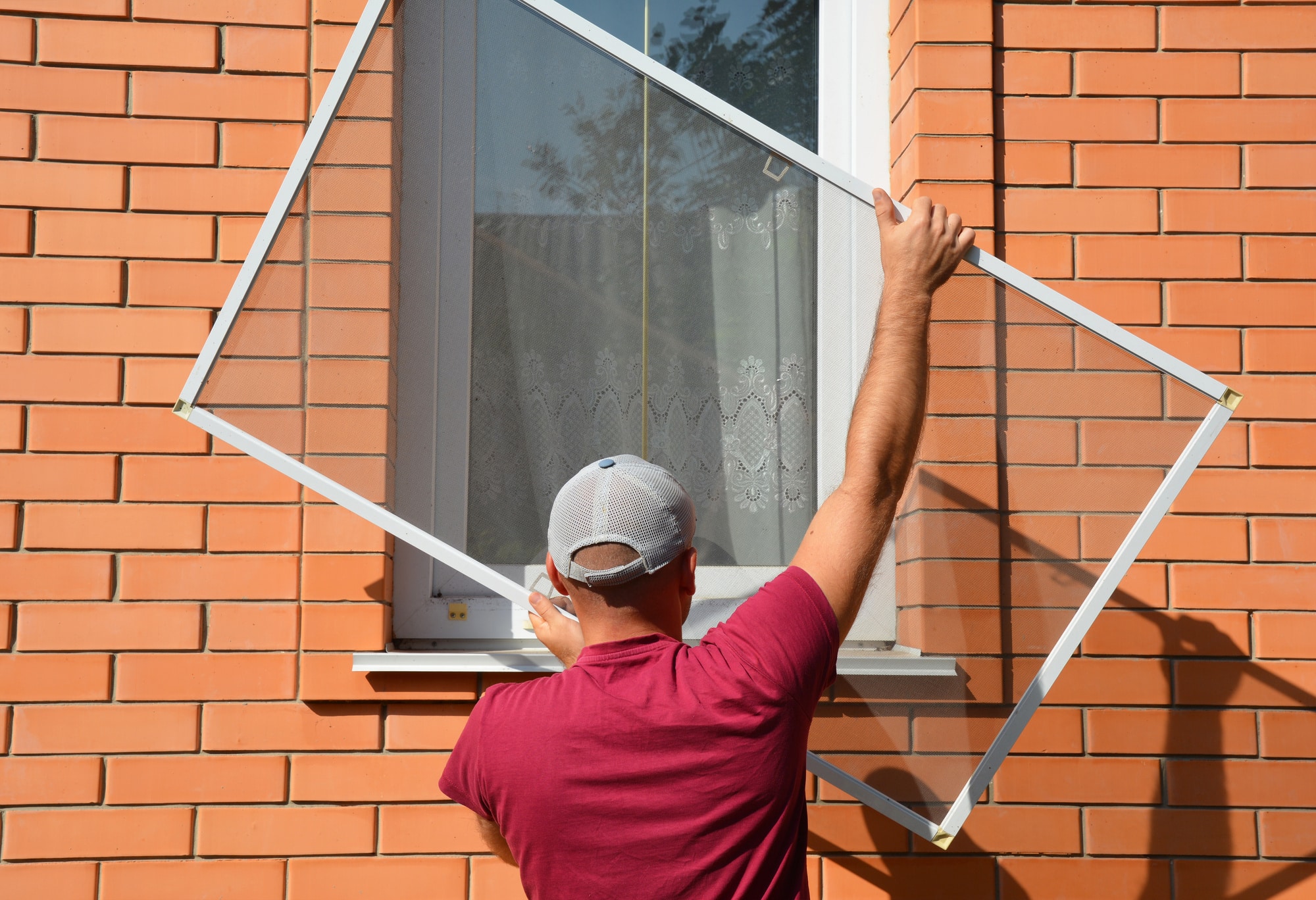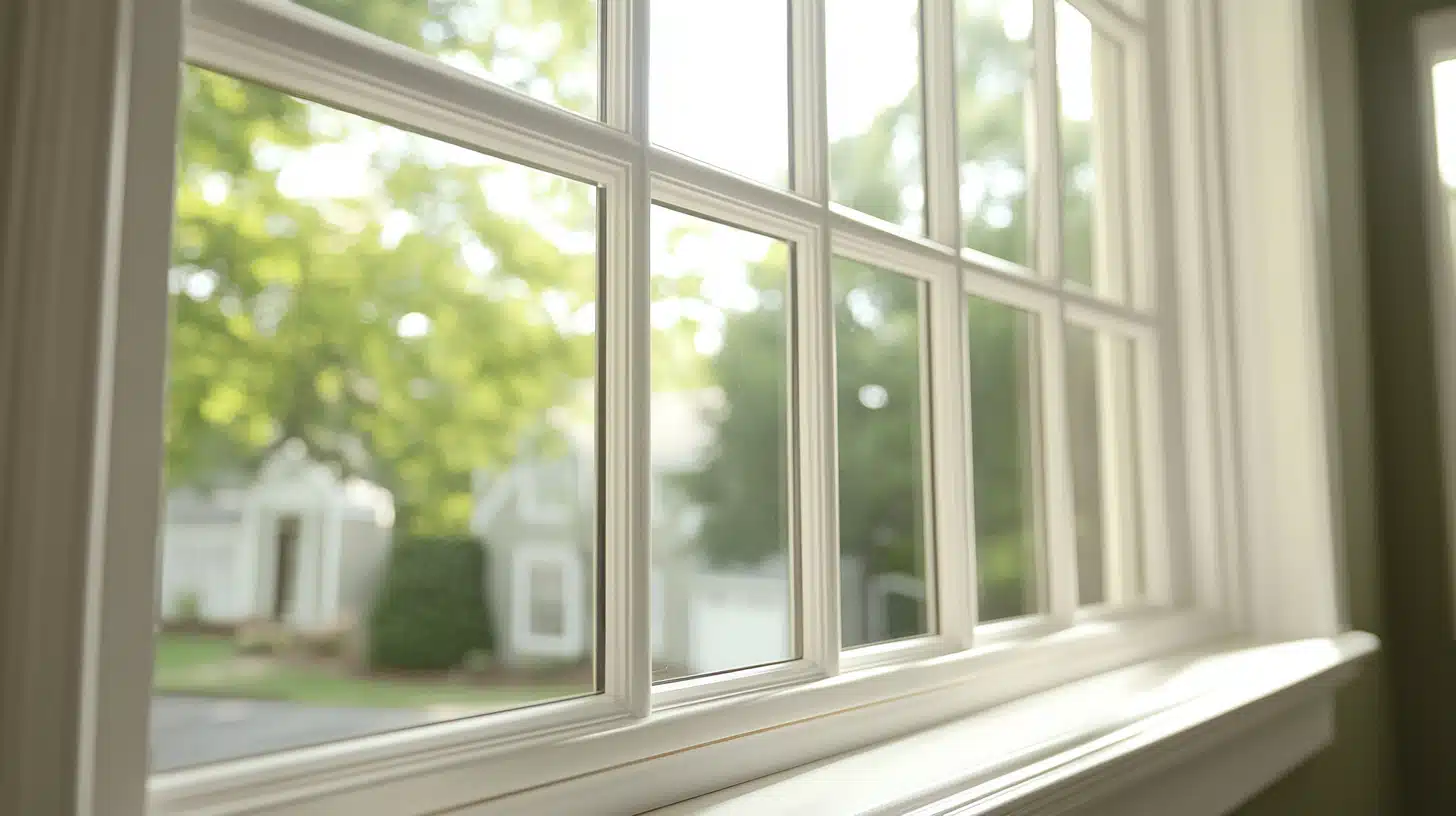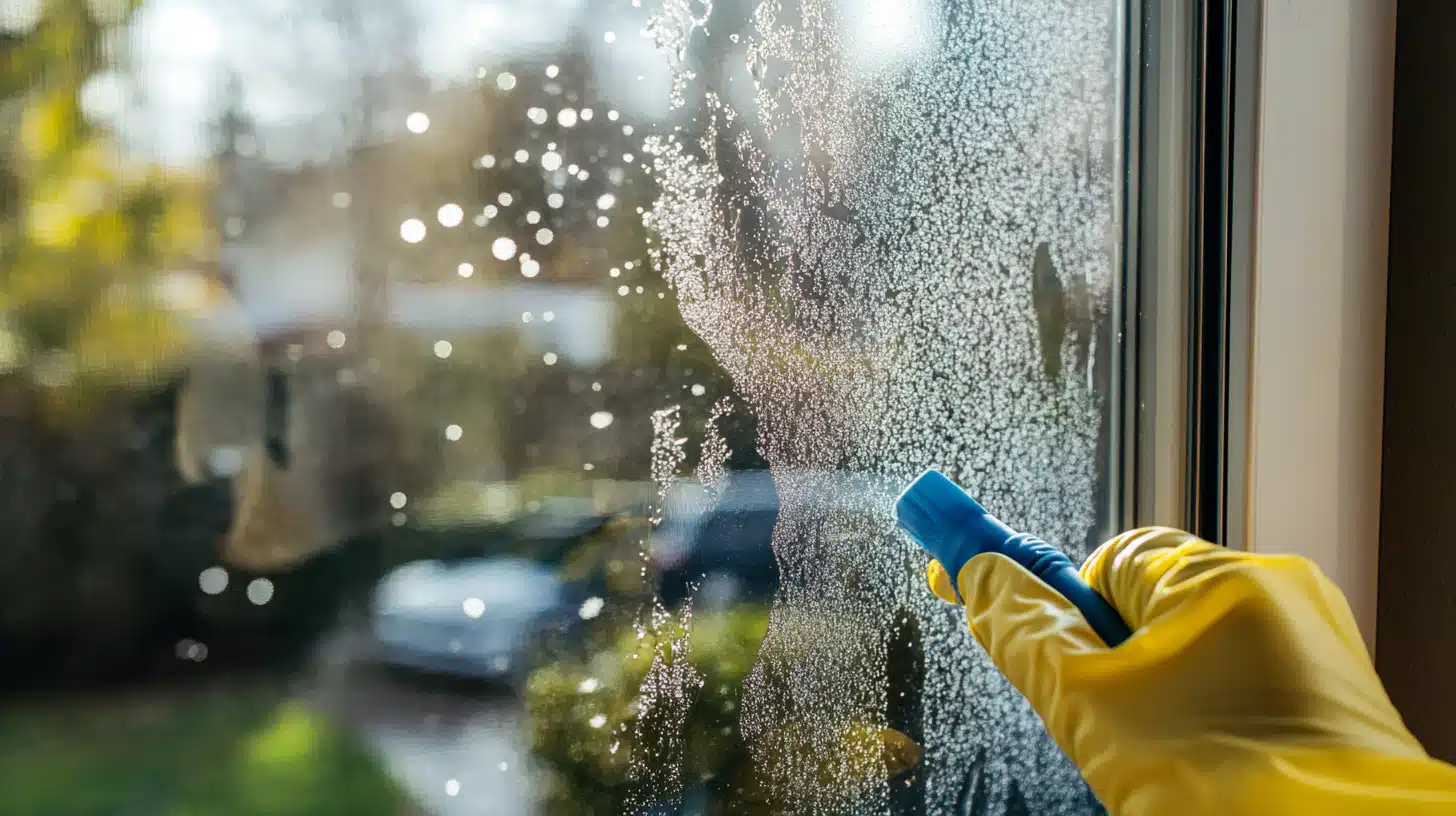5 Signs Your Windows Should Be Replaced
Your home’s windows are essential for more than just the views they offer. They play a critical role in insulating your home, contributing to energy efficiency, and providing a barrier against the elements.
Home windows are built to last, but even the sturdiest have a lifespan of 15-20 years lifespan. The seals weaken when your windows approach this age, leading to drafts and water seepage.
This article shares five signs that tell you it’s time to replace your windows so you can continue to enjoy a secure, cozy, and energy-efficient home.
5 Signs It’s Time to Replace Your Windows
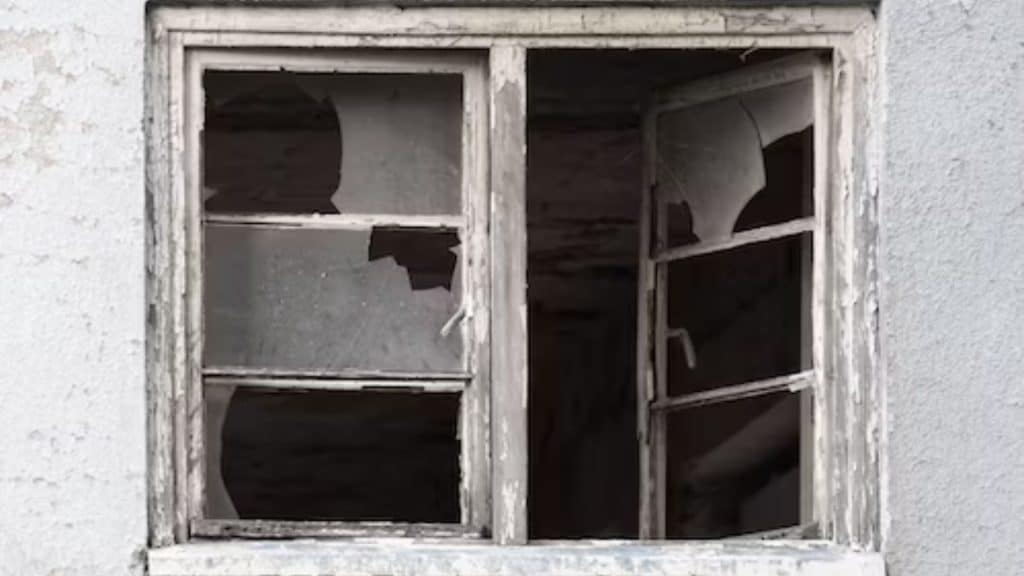
Faulty Operation
When your windows are hard to open or close, it could be due to the track being dirty or the hardware being worn out.
Sometimes, all you need to do is clean the track or apply lubricant to the moving parts. But if the window is still challenging to operate, the problem might be more serious.
For instance, the frame could have warped due to moisture, or the foundation of your house might have shifted slightly, throwing off the alignment.
If it’s an alignment issue or damaged hardware, and quick fixes aren’t working, it’s probably time to consider replacing your windows.
High Utility Bills
If your heating and cooling bills are higher than usual, it might be because your windows are not insulating your home as well as they should.
Seals can deteriorate over time, allowing air to leak in and out. You can seal these leaks with weather stripping or caulking, which might help temporarily.
However, if your windows are old and still letting air escape after you’ve tried these solutions, they might be single-pane, or the frames might be damaged.
Replacing your windows with energy-efficient ones could help reduce your bills and save you money in the long run.
Leaky Windows
Leaky windows often indicate that the caulking around the window has aged and cracked, which is something you can usually fix by reapplying new caulking.
Another common cause is that the weep holes are blocked. Weep holes are small openings designed to drain out any water that gets into the frame. You can clean these out to see if it solves the problem.
However, if leaks continue even after these fixes, there might be an issue with the window’s sealant, or the window might not fit snugly in its frame anymore.
This could be due to the frame warping over time because of exposure to moisture and temperature changes.
If the frame is warped, it can be tough to get a good seal again, and this means that water can keep getting in, making window replacement the best option.
Audible Outside Noise
If the sounds from the street or your neighbor’s yard are getting louder inside your house, it’s a sign your windows may not be sealing sound out as well as they should.
This can happen when the sealing around the window deteriorates or if the window was never well-insulated. Sealing cracks and adding insulating materials can reduce the noise.
But if the problem persists, it could be due to thin glass or poorly constructed window frames, which might mean it’s time to upgrade to windows with better sound insulation.
Visible Damage or Decay
Signs of damage to your windows, like cracks in the glass, chipped paint, or rotting wood, can be easy to spot.
Small cracks can sometimes be repaired, and wooden frames can be treated for rot. However, if you notice extensive damage or decay that keeps returning, it might indicate ongoing issues like water infiltration or structural problems.
In that case, repairing might not be enough, and you should consider replacing the windows to prevent further damage to your home.
Take Care of Your Windows
Windows keeps your home safe, reduces energy bills, and ensures your living space is comfortable. When you replace old or damaged windows, you protect your home from weather damage and improve its overall look.
Here are five signs your windows should be replaced:
- Windows that are consistently difficult to open or close indicate a need for replacement.
- Steadily increasing heating and cooling costs is a sign that your windows no longer provide adequate insulation.
- Continuous water leakage around window frames often means the seals are failing, and it’s time to consider installing new, watertight windows.
- Excessive outside noise indicates your windows lack proper insulation.
- Persistent damage or decay, such as rotting frames or cracked glass, indicates window replacement is necessary.

